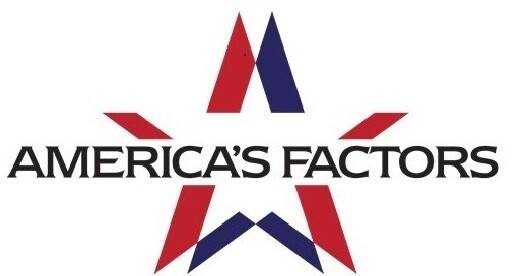Non-recourse and recourse invoice factoring are two different arrangements that businesses can choose based on their risk tolerance and preferences. Here’s a comparison between the two:
- Recourse Factoring:
-
- In recourse factoring, the business selling its invoices (the client) retains the ultimate responsibility for unpaid invoices.
- If a customer fails to pay an invoice, the factoring company can recourse back to the business to recover the advanced funds, including any fees or charges.
- Recourse factoring typically involves lower fees compared to non-recourse factoring, reflecting the fact that the business retains some level of credit risk.
- Non-Recourse Factoring:
-
- In non-recourse factoring, the factoring company assumes the credit risk for unpaid invoices due to a credit problem.
- If a customer fails to pay an invoice due to insolvency or bankruptcy, the factoring company may absorb the loss, and the business may not be responsible for repaying the advanced funds.
- Non-recourse factoring provides credit protection to businesses by shielding them from losses resulting from customer insolvencies or bankruptcy.
Ultimately, the choice between recourse and non-recourse factoring depends on factors such as the business’s risk tolerance, cash flow needs, and the creditworthiness of its customers.
America’s Factors can help businesses optimize their cash flow by providing invoice factoring services to improve working capital. They offer non-recourse factoring programs tailored to the unique needs of businesses, helping them access immediate cash flow by converting their accounts receivable into cash.
For more information, please contact America’s Factors at 800-794-6786, complete the Inquiry Form or Online Application.
